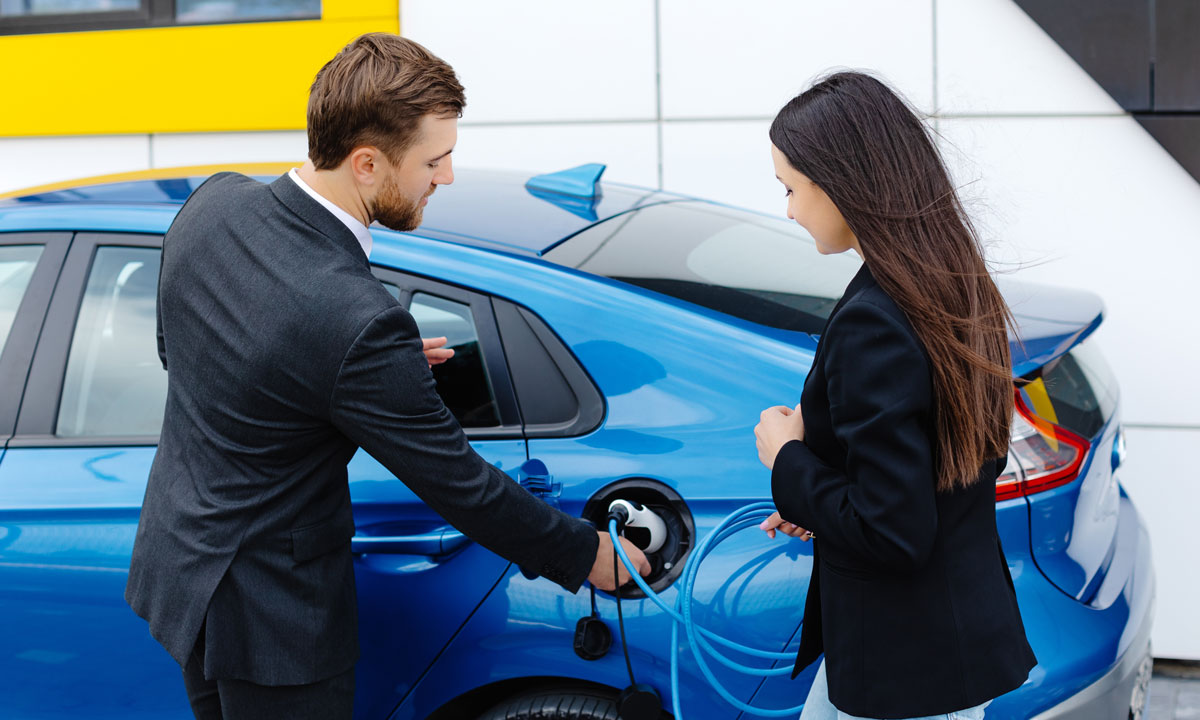
J.D. Power recently released its 2023 Canada Electric Vehicle Consideration (EVC) Study, which found that EV consideration rates in Canada significantly lagged behind the United States.
In its news release, J.D. Power said the majority of Canadian consumers surveyed (66%) are either “very unlikely” or “somewhat unlikely” to consider an EV as their next vehicle purchase. Overall, EV consideration is down 13 percentage points, slipping to 34% this year from 47% in 2022.
“Despite current legislation that is pushing hard for EV adoption, consumers in Canada are still not sold on the idea of automotive electrification,” said J.D. Ney, Director of Automotive Practice at J.D. Power Canada, in a statement. “Growing concerns about affordability and infrastructure (both from charging and electrical grid perspectives), have caused a significant decline in the number of consumers who see themselves in the market for an EV anytime soon.”
The gap between Canadian and American EV consideration is evident: in the U.S., 61% of consumers are either “very likely” or “somewhat likely” to consider buying an EV — up from 59% in 2022. Canadians (63%) are primarily concerned about the limited driving distance per charge. That concern is followed by the cost of buying an EV (59%) and the lack of charging infrastructure availability (55%).
However, Ney notes that, “despite a lower consideration rate year-over-year and a widening consideration gap to automobile shoppers in the U.S., there is still a committed group.” Thirty-four per cent of consumers in Canada said they are likely to consider an EV within the next 24 months.
Overall, EV consideration varies by geography and a lack of consumer exposure and knowledge about new models and test drive offerings — issues which have created challenges to EV adoption.










